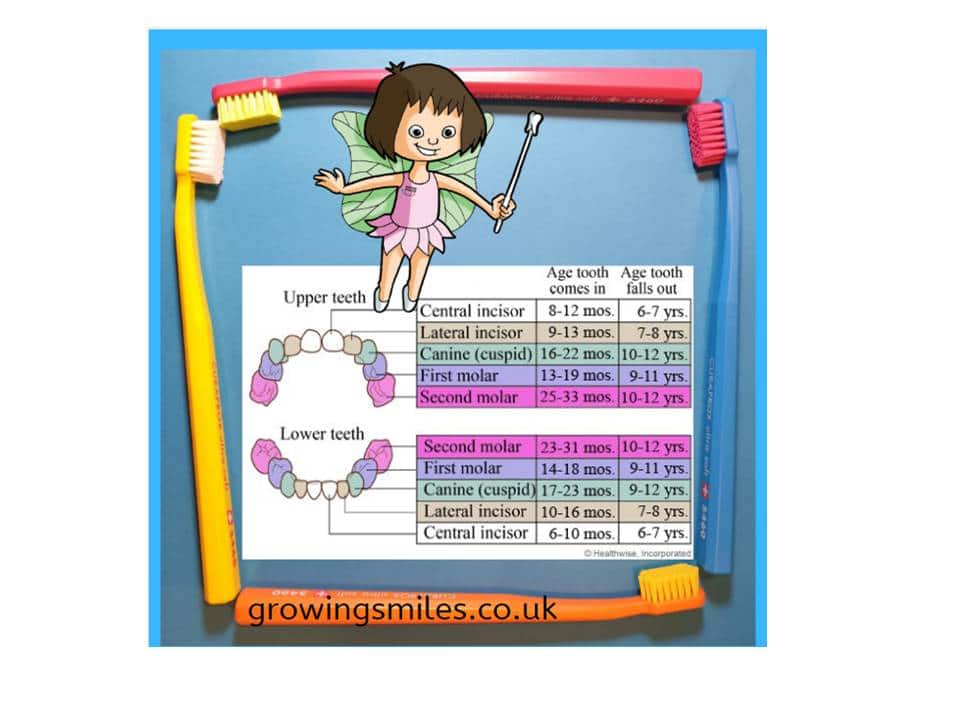Dummies & Digits

The Pros and Cons of Sucking ‘Something’!
Finger, thumb or dummy sucking is a common childhood habit. Sucking is a natural reflex for a baby, which can often be seen in the womb during development sucking their thumb. Some babies will suck a finger or thumb, a dummy/pacifier or some other object. It gives your baby comfort and, as they grow, it may help them feel secure and happy. It can also sooth, with many babies and toddlers using it as a coping mechanism when anxious or separated from their parents. Often they will suck when they are tired, when the habit helps them go to sleep.
Most children grow out of the habit between two and four years of age. Whatever they suck may be useful in settling young babies and encouraging strong sucking patterns, but their specific usefulness declines after a developmental age of about six months. A child using a dummy, regularly, beyond the age of 12 months could be more likely to struggle to develop speech sounds made with the front of the mouth including p, b, t , d, s.
Sucking!
To develop speech, babies and young children need to explore a range of mouth movements e.g. opening and closing the mouth, smiling, sticking their tongue out. Dummies/digits can limit these movements.
Children need to learn to control saliva by closing the mouth and swallowing. Overuse of digit/dummies/bottle sucking stops this, and can lead to drooling and saliva problems. This can also cause soreness around the mouth.
Thumb/finger sucking or dummy/pacifier?
Studies of thumb suckers show they have a greater problem in breaking their habit than dummy (pacifier) suckers.
Prolonged thumb/finger/dummy sucking may increase risk of ear infections, dental problems and limits ‘baby talk’ (important for speech and language development) – all good reasons to quit after about one year of age, especially during the day and when they are interacting with other children and adults.

How prolonged thumb/finger sucking and bottle/dummy/pacifier use may impact your child –
- Children learn words by listening and copying others. A dummy etc prevents children copying words and sounds correctly.
- Many speech sounds are made at the front of the mouth (p, b, t , d, s) Extended digit/dummy users will struggle to develop these sounds and may need speech therapy.
- The more a child talks with a dummy/digit in the mouth the higher the risk of needing long term speech therapy.
- A child is much less likely to talk if they have an object in their mouth.
We recommend visiting speech and language therapist Joanne Jones on Facebook – Easy Everyday Speech Therapy and her Facebook group – Parenting children with Speech, Language and/or Communication difficulties along with Ditch the Dummy – a five day challenge. Joanne supports parents of children with speech, language and communication difficulties and supports parents to help their children ditch their dummy.
According to the British Society of Orthodontics (BOS, the specialty of dentistry that deals with the diagnosis, prevention and correction of teeth and jaws that are in the wrong position), it is normal for an infant up to the age of 2 to want to suck. One in every eight children (aged 7-11) have a prolonged digit (finger/thumb) sucking habit, with girls more likely to be prolonged digit suckers than boys. While a dummy/pacifier can cause teeth to move, they appear to cause fewer problems, as this habit normally stops before the adult teeth appear around age 6. When children continue the habit as adult teeth erupt, problems with the position of the teeth may occur. The BOS have a patient leaflet on dummy and thumb sucking can be found here.
When is the best time to discourage and stop?
You know your child best and will be the best person to help them stop when the time is right. Aim to stop thumb sucking and dummy/pacifier use by 12 months, but certainly by 3 years.
A child who sucks their thumb with great intensity once they reach preschool age may develop speech or orthodontic problems. The front teeth may stick out, and the child’s bite will be open, not allowing the upper and lower front teeth to touch. The skeletal changes can begin to affect the alignment of the permanent teeth. Remember, the longer the habit lasts, the harder it can be to stop. The sooner the habit stops the less impact it will have.
It’s important not to use guilt and shaming of your child when you talk about stopping the dummy, after all it’s not their fault that they enjoy and get comfort from this habit. Try swapping the dummy for something like a teddy or blanket. You could introduce this before removing the dummy to create an alternative attachment.
- Never dip a dummy in anything sweet to encourage your child to accept it – this is a recipe for disaster as far as teeth are concerned, as sugar is in direct contact with the teeth for a prolonged time.
- Do not ‘clean’ a dummy by putting it in your own mouth – this can transfer bacteria which would not normally be in your child’s mouth.
- If you want to allow your child a dummy after the age of one, consider a thin necked pacifier which may reduce the likelihood of dental disturbances.
- Try to minimise dummy use to when it is really needed, rather than providing it out of habit. It should make your life easier in the long run.
The first dental check up (recommended by baby’s first birthday) is an opportunity to ask about dummy/digit sucking and get advice on your baby’s growing smile. Your child’s dentist can assess the changes to normal tooth development and offer advice on stopping the habit and preventing oral health problems. Your dentist can offer encouragement to your child and explain what could happen to their teeth if they do not stop sucking.
How to help your child stop sucking their thumb/fingers?
The habit will normally cease without any concern or effort. Often, the best strategy is simply to ignore the behaviour. Children will figure out on their own when this is not acceptable from social situations and peer pressure. If the habit persists beyond preschool, however, it may be time to intervene.
- Offer a dummy/pacifier to infants; dummies are easier to take away.
- Establish a chart and reward system to track your child’s progress for quitting.
- Encourage and praise your child when they attempt to stop.
- Children often suck their thumbs when feeling insecure or needing comfort. Focus on correcting the cause of the anxiety and provide comfort to your child.
- For an older child, involve him or her in choosing the method of stopping.
Some children may experience difficulty stopping their sucking habit. In these instances, it may be necessary to purchase products that can be placed on the thumb or fingers in order to discourage the habit.

A physical barrier can help to break the habit of digit sucking. Thumbsie® are fabric thumb and finger guards designed to help children stop sucking in a fun and positive way. The Thumbsie fit over the thumb or fingers and are secured with Velcro around the wrist. They are suitable for children 3-14 years who want to stop sucking but need some help! Made from 100% cotton, they are available in a variety of colourful fabrics and five different sizes. For more information and to buy visit https://thumbsie.co.uk/. Use code GROWINGSMILES at checkout to receive a discount on your order.
Whatever method you choose to discourage the behaviour, always use positive reinforcement to encourage your child. Criticism or nagging may cause more anxiety and prolong the problem.
Going, going? Gone! A fond farewell to the dummy?
Why not give it a new home and relocate your dummy (s) to the Growing Smiles Dummy Tree. For more information visit https://growingsmiles.co.uk/the-dummy-tree-is-the-place-to-be/

